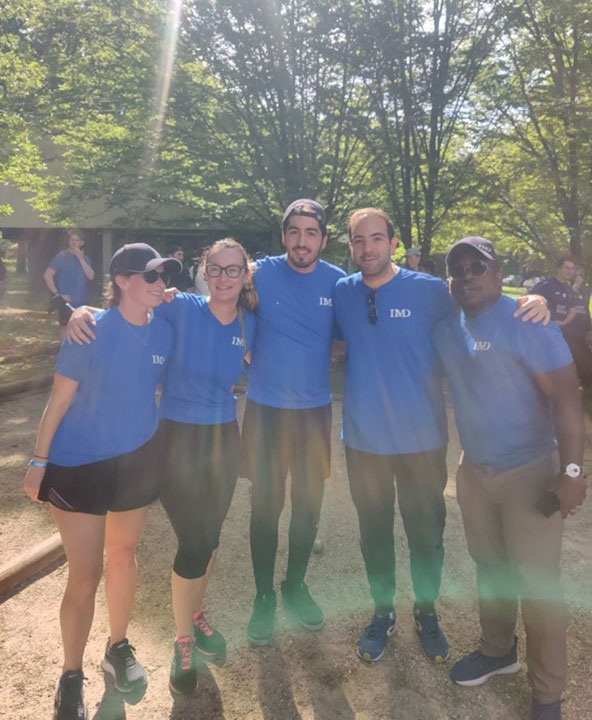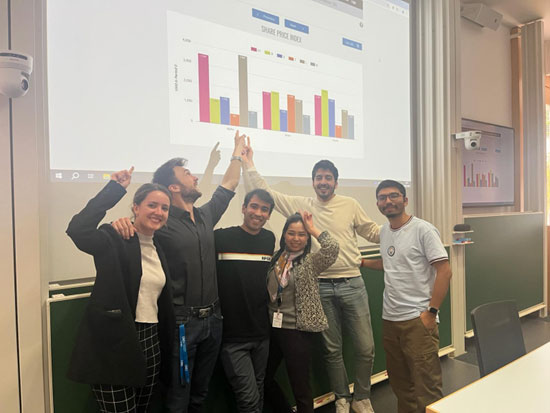During our program, we have been fortunate to engage with a variety of guest speakers, each offering unique insights that broaden our perspectives. One memorable speaker was the philosopher Luc De Brabandere who challenged our process of thinking.
In marketing, we often emphasize the importance of understanding the customer’s perspective, the notion that the customer creates value, and how stepping into their shoes is crucial for this understanding. Yet, our brains, while powerful, tend to default to simplifying complex information, making quick deductions that may not always serve us well. Philosophy serves as a vital tool in this context, reminding us to question our automatic thoughts and assumptions. It encourages us to prioritize creativity and see the world not just as we perceive it but as it truly is.
De Brabandere highlighted an intriguing point: if it were a battle between you and the world, he would bet on the world. This statement underscores the idea that our personal biases often cloud our judgments and that understanding the underlying mechanisms of our thinking can enhance our decision-making processes.

This philosophy resonates deeply with me, especially when analyzing dry numbers like profit margins, EBIT, COGS, and depreciation. This dual approach enables us to uncover the human capital behind the numbers and anticipate customer reactions, transforming us from mere problem-solvers to problem identifiers who can move beyond the data.

The lessons learned in our leadership stream have been equally enlightening, especially in understanding what makes teams excel or falter. I’ve started to see how my personal feelings and past experiences can affect team dynamics. We often carry the weight of past conflicts and fears, which can hinder our ability to perform effectively as a team. However, these persistent conflicts also present opportunities for dialogue and growth.
Effective leadership, I’ve learned, isn’t about conceding one’s values but rather about finding common ground and focusing on issues rather than personalities. This approach not only resolves conflicts but also fosters a supportive team environment. Our professors emphasize that people do not inherently resist change; rather, they resist the pain and fear associated with change. Recognizing this has changed how I approach leadership and team dynamics.

Reflecting on this past month, I’ve come to understand that while no single framework or philosophical quote can solve every problem, a dynamic and open-minded approach can make a significant difference. My advice, gleaned from the experiences and challenges faced, would be to always remain open and curious about new methods and knowledge. It’s crucial to maintain focus on the core issues at hand, recognizing that time and energy are precious resources. Thus, balancing your approach is essential for effective management and problem-solving.
Equally important is prioritizing people within any team. Their well-being and engagement are the backbones of high performance and sustainability. As highlighted in my previous entries, keeping a high level of fun is not just a nice to have but a necessity for boosting energy and resilience. This not only enhances productivity but also nurtures a thriving team spirit that can weather the storms of rigorous academic and practical challenges.
As I continue this MBA safari, I look forward to sharing more insights and reflections on this transformative journey. It’s a path of discovery, growth, and continuous learning – and we’re just getting started.